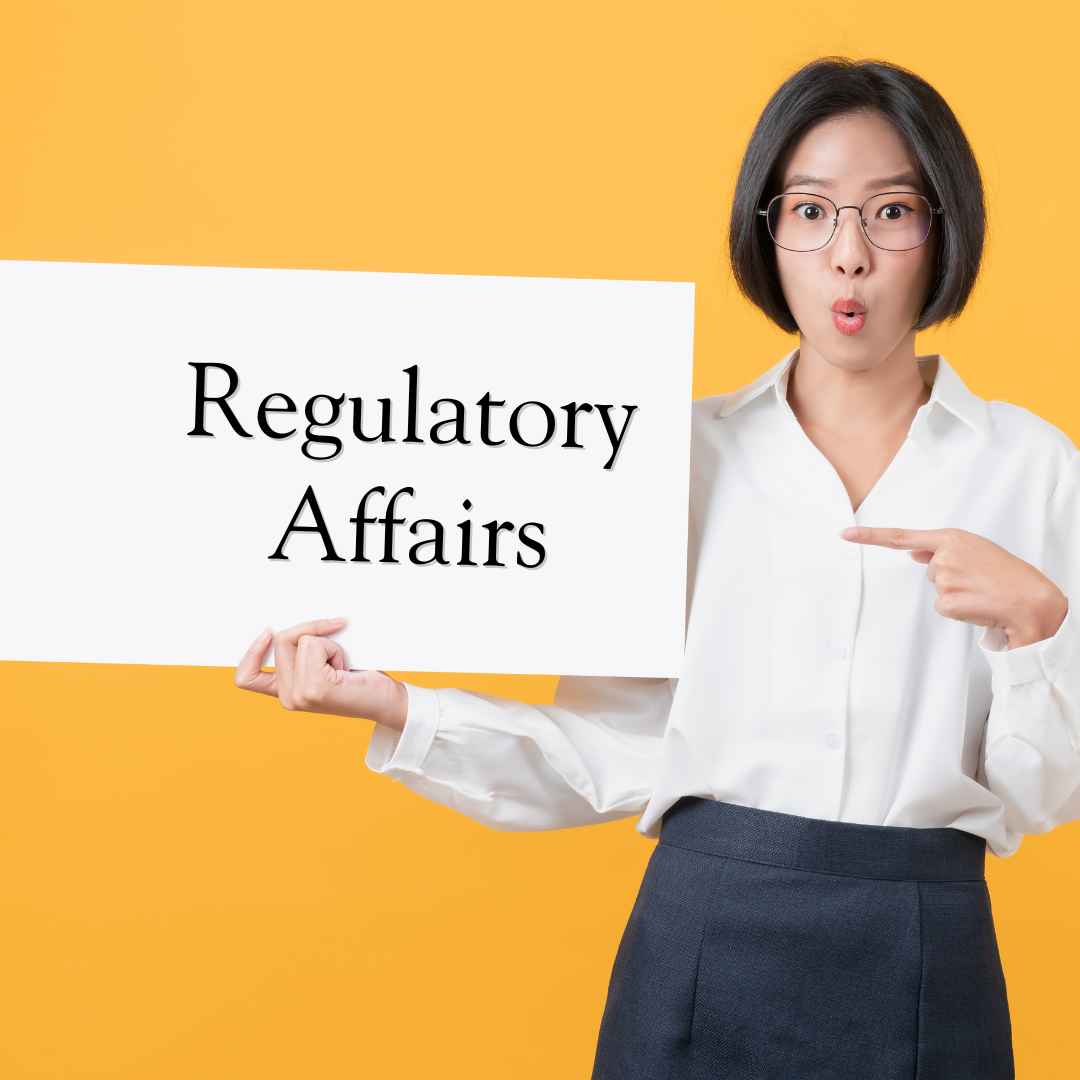From pharmaceuticals to consumer goods, there exists a critical role that often operates behind the scenes yet holds immense importance in ensuring the safety and compliance of products: the Regulatory Affairs Specialist. In this post, we’ll delve into what exactly a Regulatory Affairs Specialist does, the path to becoming one, and the promising outlook for this career and related titles.
What is a Regulatory Affairs Specialist?
Regulatory Affairs Specialists are professionals responsible for ensuring that companies comply with regulations and laws pertaining to their products, particularly in industries like pharmaceuticals, medical devices, biotechnology, food and beverages, cosmetics, and chemicals. Their primary objective is to navigate the complex landscape of regulatory requirements set forth by governmental agencies such as the FDA (Food and Drug Administration) in the United States or the EMA (European Medicines Agency) in Europe.
Their duties encompass a wide array of tasks including:
- Navigating Regulatory Requirements: Staying abreast of evolving regulations and guidelines pertinent to the industry and ensuring products meet these standards.
- Documentation and Submission: Compiling, organizing, and submitting regulatory documentation required for product approvals, licenses, and permits.
- Communication Liaison: Serving as a liaison between the company and regulatory authorities, facilitating communication and addressing inquiries or concerns.
- Compliance Management: Monitoring and ensuring ongoing compliance with regulatory requirements throughout the product lifecycle, from development to marketing and post-market surveillance.
- Risk Assessment: Conducting risk assessments to evaluate potential impacts of regulatory changes or non-compliance on product development and market approval.
How Do You Become a Regulatory Affairs Specialist?
The path to becoming a Regulatory Affairs Specialist typically involves a combination of education, experience, and specialized training:
- Education: A bachelor’s degree in a relevant field such as biology, chemistry, pharmacy, or engineering serves as a foundational requirement. However, many employers prefer candidates with advanced degrees such as a master’s or Ph.D. in regulatory affairs or a related discipline.
- Experience: Entry-level positions often require some prior experience in regulatory affairs, quality assurance, or related fields. Internships or co-op programs during undergraduate or graduate studies can provide valuable hands-on experience.
- Certifications: While not always mandatory, obtaining certifications such as the Regulatory Affairs Certification (RAC) offered by organizations like the Regulatory Affairs Professionals Society (RAPS) can enhance credibility and marketability.
- Continuous Learning: Given the ever-evolving nature of regulations, staying updated through continuous learning, attending workshops, and participating in professional development activities is essential for career advancement.
Outlook for Regulatory Affairs Careers
The outlook for careers in regulatory affairs and related titles remains highly promising, driven by several factors:
- Globalization and Regulatory Complexity: As companies expand globally, the need for professionals adept at navigating diverse regulatory landscapes becomes increasingly crucial.
- Advancements in Science and Technology: The emergence of new technologies and innovations in areas like biotechnology and medical devices continually reshape regulatory requirements, creating demand for specialized expertise.
- Increased Scrutiny and Compliance Emphasis: Stringent regulations and heightened scrutiny underscore the importance of compliance, prompting organizations to invest in regulatory affairs professionals to mitigate risks and ensure adherence to standards.
- Expanding Industries: Industries such as biopharmaceuticals, medical devices, and healthcare continue to grow, fueling demand for regulatory affairs specialists to support product development and market access.
A career in regulatory affairs offers a unique blend of scientific knowledge, legal acumen, and strategic thinking, making it an appealing choice for individuals passionate about ensuring the safety and efficacy of products in regulated industries. With the right education, experience, and commitment to staying informed, aspiring regulatory affairs specialists can look forward to a fulfilling and impactful career in a dynamic and evolving field.
Regulatory affairs-related job titles:
- Regulatory Affairs Specialist
- Regulatory Affairs Manager
- Regulatory Compliance Analyst
- Regulatory Affairs Associate
- Regulatory Affairs Coordinator
- Regulatory Affairs Consultant
- Regulatory Affairs Director
- Senior Regulatory Affairs Specialist
- Quality Assurance Regulatory Affairs (QA/RA) Specialist
- Medical Device Regulatory Affairs Specialist
- Pharmaceutical Regulatory Affairs Specialist
- Biotechnology Regulatory Affairs Specialist
- Food Regulatory Affairs Specialist
- Cosmetics Regulatory Affairs Specialist
- Chemical Regulatory Affairs Specialist
- Clinical Regulatory Affairs Manager
- Regulatory Affairs Officer
- Regulatory Affairs Scientist
- Regulatory Affairs Auditor
- Global Regulatory Affairs Manager
Looking to hire Regulatory Affairs Specialists or related talent? Connect with ClinLab Staffing today at 508-907-6222, and let us be the bridge that connects your organization with the scientific talent it needs to thrive.